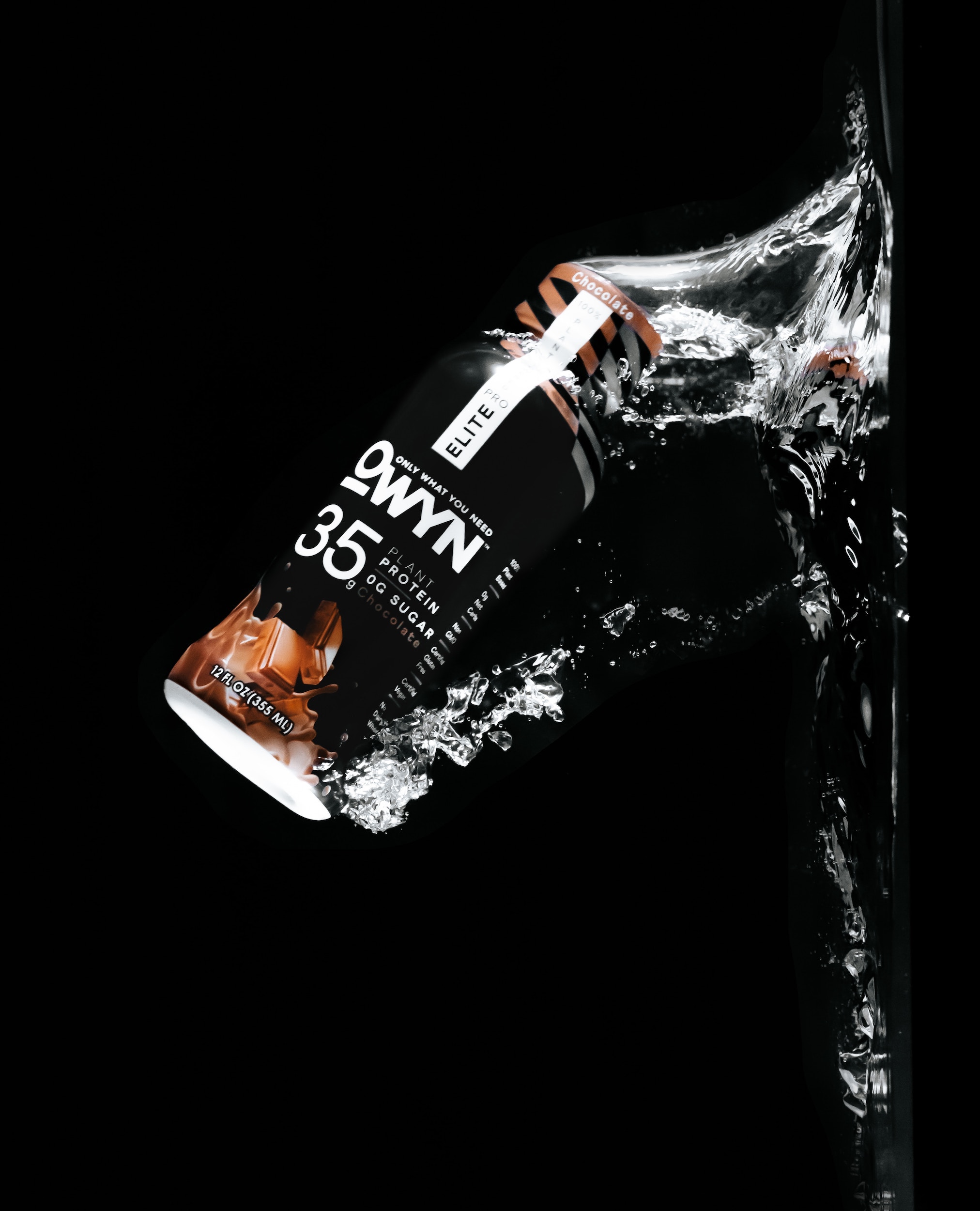In the original Rocky movie, many viewers’ stomachs turned when Sylvester Stallone cracked five raw eggs into a glass and drank it. At the time, raw eggs and brewer’s yeast were about as close to a protein drink as you could come. (…and if you’ve never smelled raw brewer’s yeast, count yourself lucky!)
Protein drinks used to be the choice reserved for weight lifters and other athletes who were concerned about gaining and retaining muscle mass. By catering to athletes, the leaders in the market left little room for competitors vying for a narrow demographic of consumers. Muscle Milk and CORE Power, market whey-based protein drinks and still dominate the market, but other brands are now finding ways of appealing to protein-conscious customers.
Protein for the Masses
Recently, the nutritional benefit of supplemental protein for the average person has become widely acknowledged. Protein’s reputation has evolved from being strictly about muscle-building to being an essential ingredient that contributes to overall health. Health-conscious consumers are more aware and interested in having protein as a part of their nutrition drinks and manufacturers are responding.
OWYN (Only What You Need) has taken a multi-faceted approach to making vegan-based protein drinks and powders that appeal to a variety of consumers. Their plant-based products address the needs of those with lactose sensitivities as well as vegetarians. They also offer a variety of protein intensities in their products, including the extra-strength Pro Elite with 32 grams of protein. They seem confident that their strategy is working well for consumers and for OWYN.
“My 2023 prediction is that this will be Evolve’s last year and Nestle will quickly realize that Orgain will never be successful with RTDs,” wrote OWYN CEO Mark Olivieri on LinkedIn in January. “The next billion dollar nutrition beverage brand has been found.” 1.
Some of OWYN’s success has recently come from adding multi-packs to its offerings. Adding 4-packs to their 12 oz. single-serve bottles has driven sales volume. Muti-packs have created the opportunity for more shelf space at retailers like Walmart and Kroger, helping to drive sales.
For the wider market, protein has become yet another ingredient that can add to the diversification of a brand.
Meal Replacement and Energy Drinks
Meal Replacement brands like Ensure and Boost have dominated a market that caters to older adults. Nursing homes and hospitals have embraced their products. The two makers dominate so much in fact, that new competitors find little room to make significant gains. However, one competitor, Don’t Quit!, has made inroads with a variety of beverages, including meal replacement drinks in 4-packs. They also offer Max Protein with 33 grams of protein. Their product line includes “clean” energy drinks and pre-workout drinks. The mix of products aims at appealing to a wider range of consumers who might not be athletic or elderly.
“Though it already has a cold brew coffee SKU in its core line, OWYN is exploring the potential for a more energy-centric product with Double Shot, first teased at the company’s booth at Natural Products Expo West 2023 in March. The coffee shake features the same nutrition profile (20 grams of protein, 5 net carbs per serving) but with a stronger caffeine payload of 180mg. Further afield, even protein-adjacent brands are feeling the need to diversify: see Super Coffee, leaning further into caffeine and less into protein with its new line of energy drinks.” 1.
The recent success of energy drinks provides an obvious inroad for more protein-focused brands. By offering a broader spectrum of products, it is likely that we will see more protein making its way into energy drinks and more energy-boosting ingredients in protein drinks.
1. bevnet.com


Recent Comments